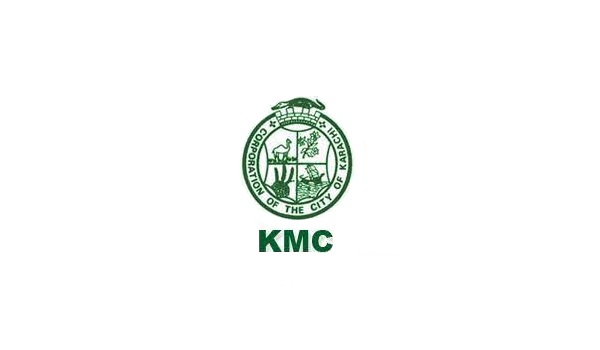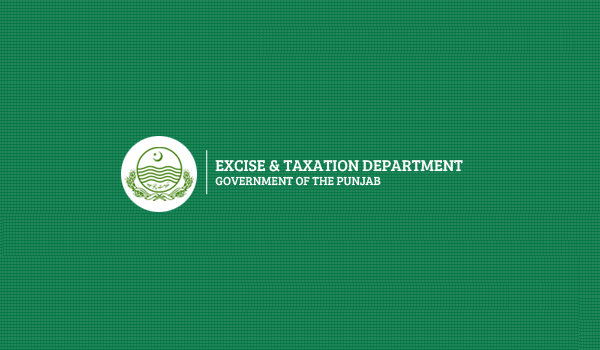Karachi: Sindh Chief Minister (CM) Syed Murad Ali Shah has announced tax relief for the Information Technology (IT) industry by decreasing the sales tax in the province on IT, call centres, and software business, according to a news story published on June 14.
Read: Pakistan IT sector post USD 635 mn in first quarter of FY22
CM Murad announced the tax relief in a seminar organised by the Sindh Information Science & Technology Department and Pakistan Software Export Board on the topic of ‘Ease of Doing Business for IT/ITeS industry’.
Under the tax relief, the sales tax on call centres, software businesses, and IT will be reduced from 13% to 3%. The large establishments will have the option of a 13% rate with input tax credit facilities. The minister mentioned that several skill building programmes will be introduced in the next financial year.
Read: IT minister inaugurates Amazon Software Technology Park, vows to construct more
During the seminar, CM disclosed that the high-end boot camps for the youth, digital literacy for primary and secondary, skill building for teachers and trainers, skill and freelancing programmes for differently-abled persons, and skill programmes for girls will be introduced.
Moreover, the chief minister stated that Sindh can be digitally transformed only if initiatives are executed through a public-private partnership. He went on to say that to introduce innovative citizen services and reengineer existing government processes, it is vital to engage youth in ideas and solutions. Further, he added that the government was also focusing on various programmes like special incentives for women-owned startups, startup induction in government operations, promotion of startup culture via accelerators and incubators, Private Equity (PE) and Venture Capital (VC).
Read: IT ministry all set to implement “Cloud-First Policy”
CM Murad informed that the government was committed to facilitating the IT industry by offering non-fiscal and fiscal incentives for enhancing IT export from Sindh, procurement regulations, and policy interventions in order to promote the utilisation of IT solutions.







